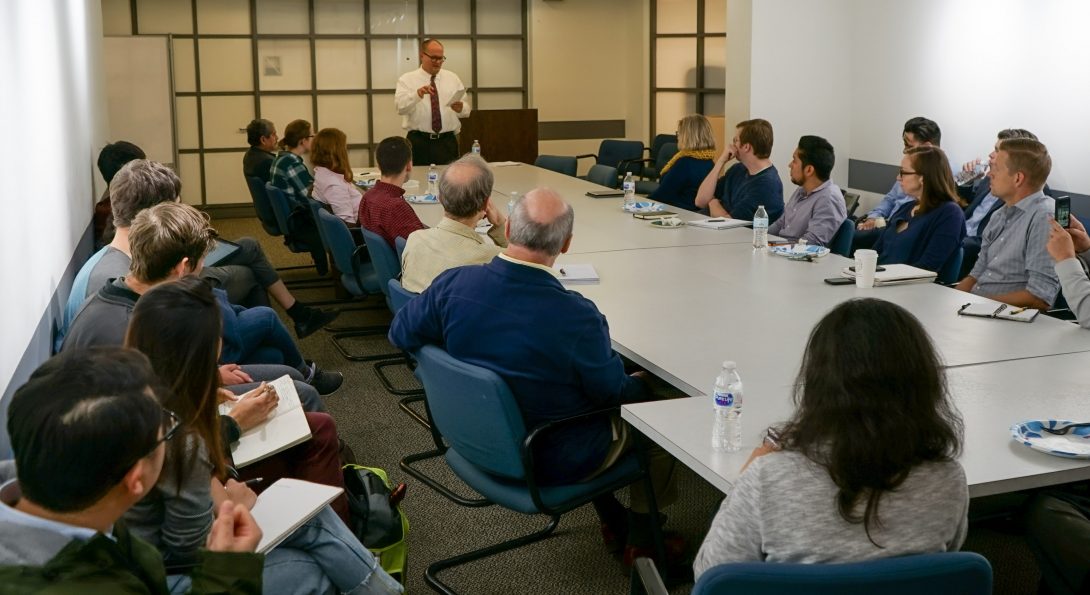Prioritization Framework Proposal Designed to Help IDOT Apply Systematic and Flexible Guidelines to New Transportation Projects

Research Report From Urban Transportation Center at UIC Rooted in Performance-Based Planning and Programming
One of the key challenges facing states and municipalities is how to prioritize and select future transportation improvement or expansion projects. A new report has proposed a new process designed to provide the Illinois Department of Transportation (IDOT) with a preliminary structure for both long-range planning decisions and project selection.
The process would prioritize projects based upon a federal planning framework style called Performance-Based Planning and Programming and allows for flexibility so it can be applied to any future transportation project.
The proposed framework was detailed in a recently completed research report, “Proposal for a Program and Project Prioritization Framework,” produced by the Urban Transportation Center at the University of Illinois at Chicago.
If applied, the proposed UTC Framework would be used by IDOT to initially establish long-range transportation goals and policies and then set priorities for projects through input from local jurisdictions. Next, the department would develop procedures to rank and score projects; the ranked projects would later be reviewed by an IDOT panel for potential funding.
As noted in the report: “As a prioritization tool, UTC Framework is flexible and general enough to universally evaluate to all transportation proposals. However, the universal structure also adds clarity and applies a consistent strategic direction at all stages decision making.”
The UTC Framework also would allow input from various IDOT offices during the early planning stages, and it was designed to be simple to employ to better guarantee use and acceptance.
Within the UTC Framework, the authors identified six performance goals and two process goals as a way to separate the proposed technical merits of a project from the estimated cost.
Researchers analyzed framework policies from four other state transportation departments when drafting the UTC Framework. They identified some similarities, but identified three components that were unique:
- Ease of use: The proposed comprehensive framework would replace an existing special purpose project selection process with one that could be applied throughout IDOT.
- Consistency: The general structure of the UTC Framework would apply to any type of transportation project, including preservation proposals, and the language and concepts are more straightforward.
- Performance evaluation questions: These questions could guide discussions when evaluating proposed projects and provide subject matter for pre-evaluation analysis and structure for performance measures.
The report was prepared by: Robert E. Ginsburg, Ph.D. Project Manager, IDOT-CUPPA Research and Training Project and Research Assistant Professor and Ian Brown, J.D., MUPP and IDOT Scholar.